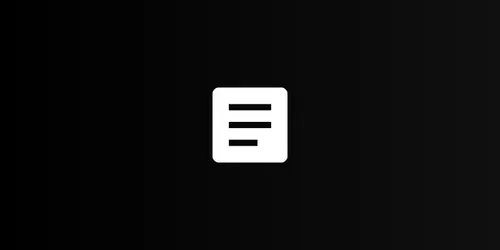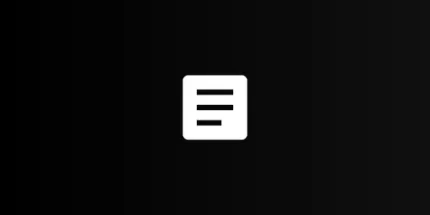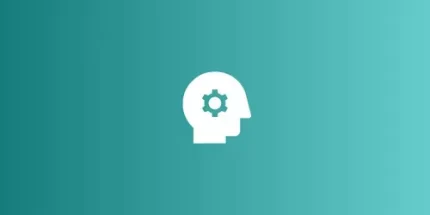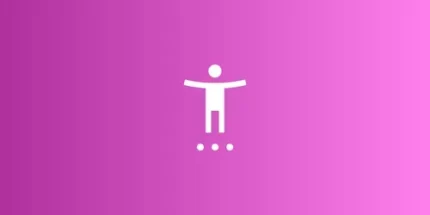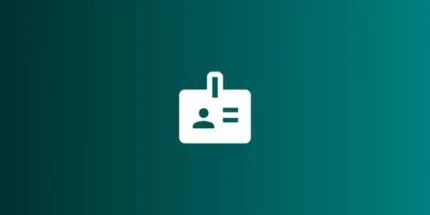Sample Response
Social media presents a unique set of ethical challenges for journalists, who must balance professional responsibilities with personal expression. One major issue is the blurring of lines between personal and professional personas. Journalists' personal opinions or offhand comments on social media can be perceived as representative of their professional stance, leading to accusations of bias or a lack of objectivity. This can damage a journalist's credibility and, by extension, the reputation of their publication.
Another challenge is the spread of misinformation and the potential for amplification through social media. Journalists must be vigilant in fact-checking information before sharing it, as retweeting or sharing inaccurate information can quickly lead to widespread dissemination of falsehoods. The pressure to be first with breaking news on social media can exacerbate this problem, as journalists might share information without proper verification, compromising their ethical standards.
Social media also raises concerns about privacy and respect for individuals. Journalists might be tempted to share personal information or content from private social media profiles as part of their reporting, but this can infringe on individuals' privacy rights. Journalists need to consider the ethical implications of using such information, especially when reporting on private individuals rather than public figures.
Lastly, social media can foster a hostile environment where journalists might face harassment or abuse, impacting their well-being and potentially influencing their reporting. Media organizations should support their journalists in dealing with online abuse and establish clear guidelines for how to handle these situations ethically. This might involve setting boundaries for online engagement or developing strategies for dealing with trolls and harassers.


